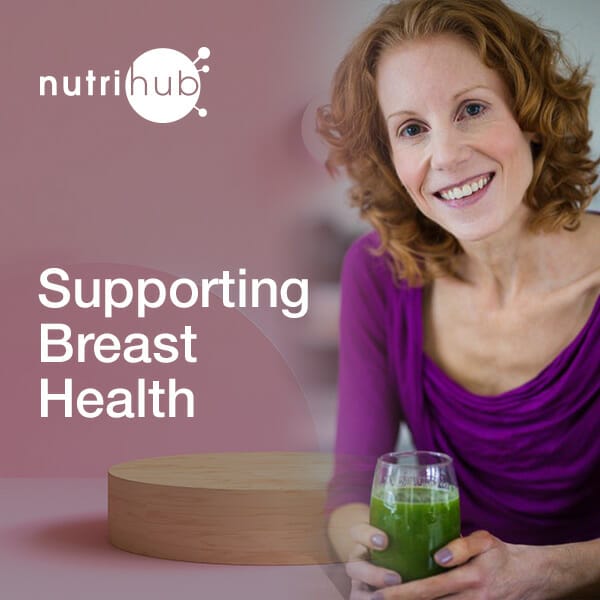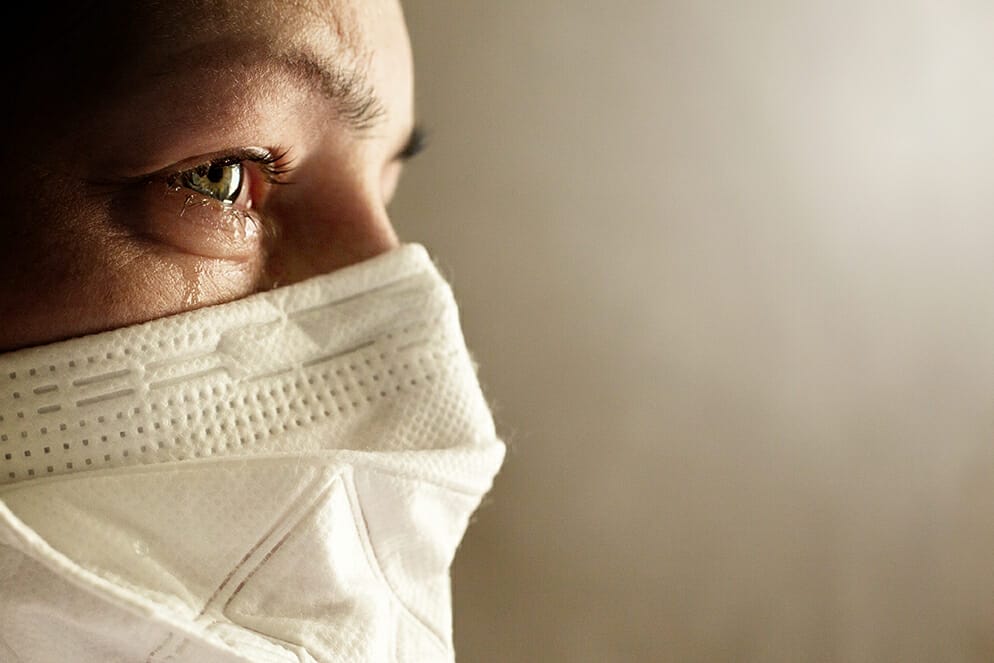When is the last time you paused to consider your own health and lifestyle in relation to your breast health? Unfortunately as women get older, their risk of developing breast cancer or having fibrocystic issues increases. In fact it is now acknowledged that environmental risk factors, such as diet and exposure to toxins, account for about 80% of breast cancers while genetic factors account for about 20 percent. Similar research highlights the role of oestrogen and progesterone balance and fibrocystic breast changes. 
There are a number of risk factors which have been linked to poor breast health. These include:
- Higher lifetime exposure to endogenous oestrogen’s, due to earlier onset of menstruation and/or later onset of menopause
- Being overweight or obese
- Drinking alcohol
- Heavy smoking
- Shift work, leading to reduction of melatonin production
- Exposure to endocrine disrupters and poor detoxification
Diet and lifestyle have a profound effect on breast tissue health particularly when it comes to antioxidant protection. Breast epithelial cells are vulnerable to DNA damage. Epithelial cells rapidly and constantly divide naturally through mitosis as part of the normal physiology. This is regulated by the cell cycle. Keeping the cell cycle operating at a healthy rate protects your DNA. When we have healthy DNA we have healthy cells. Factors such as oxidative stress, Inflammation, hormone imbalance and stress can all impact breast epithelial cells. Many of these changes are fuelled by excess oestrogen. Since fat cells (via aromatase conversion) are mini oestrogen-producing factories, supporting metabolic health and maintaining a healthy weight is particularly important for breast health throughout a women’s lifespan. 
From a dietary perspective several studies have shown that women who consume more vegetable fats, vegetable protein, fibre, and nuts, and less animal fat, red meat, and alcohol are less likely to develop fibrocystic and benign breast changes later in life. The traditional Mediterranean dietary pattern has been shown to reduce breast cancer risk in adult women. Thus, a fibre-rich, plant-based diet high in healthy fats from sources such as olive oil and fish, and low in red meat, appears to a useful preventive strategy especially when combined with key nutrients shown to be beneficial for hormone detoxification, antioxidant protection and immune modulation. These dietary changes combined with taking time to exercise, destress and ensure quality sleep are key players for long term breast health.
Want to Learn More?
For more detailed information about breast health and how nutrition can support it, join award winning registered nutritional therapist Christine Bailey MSc MBANT MIFM PGCE on Tuesday 14th September 2021 for her CPD accredited webinar Supporting Breast Health.











